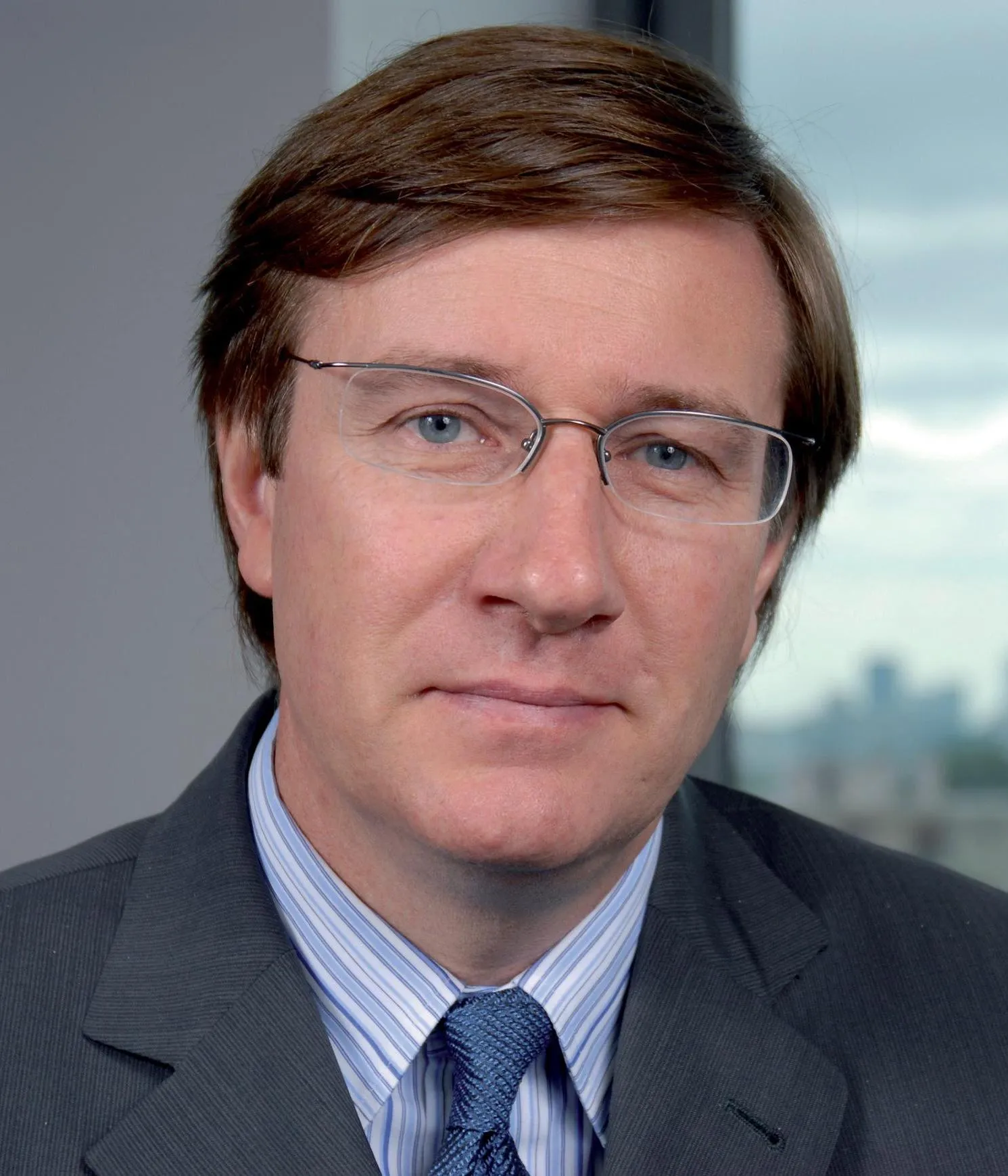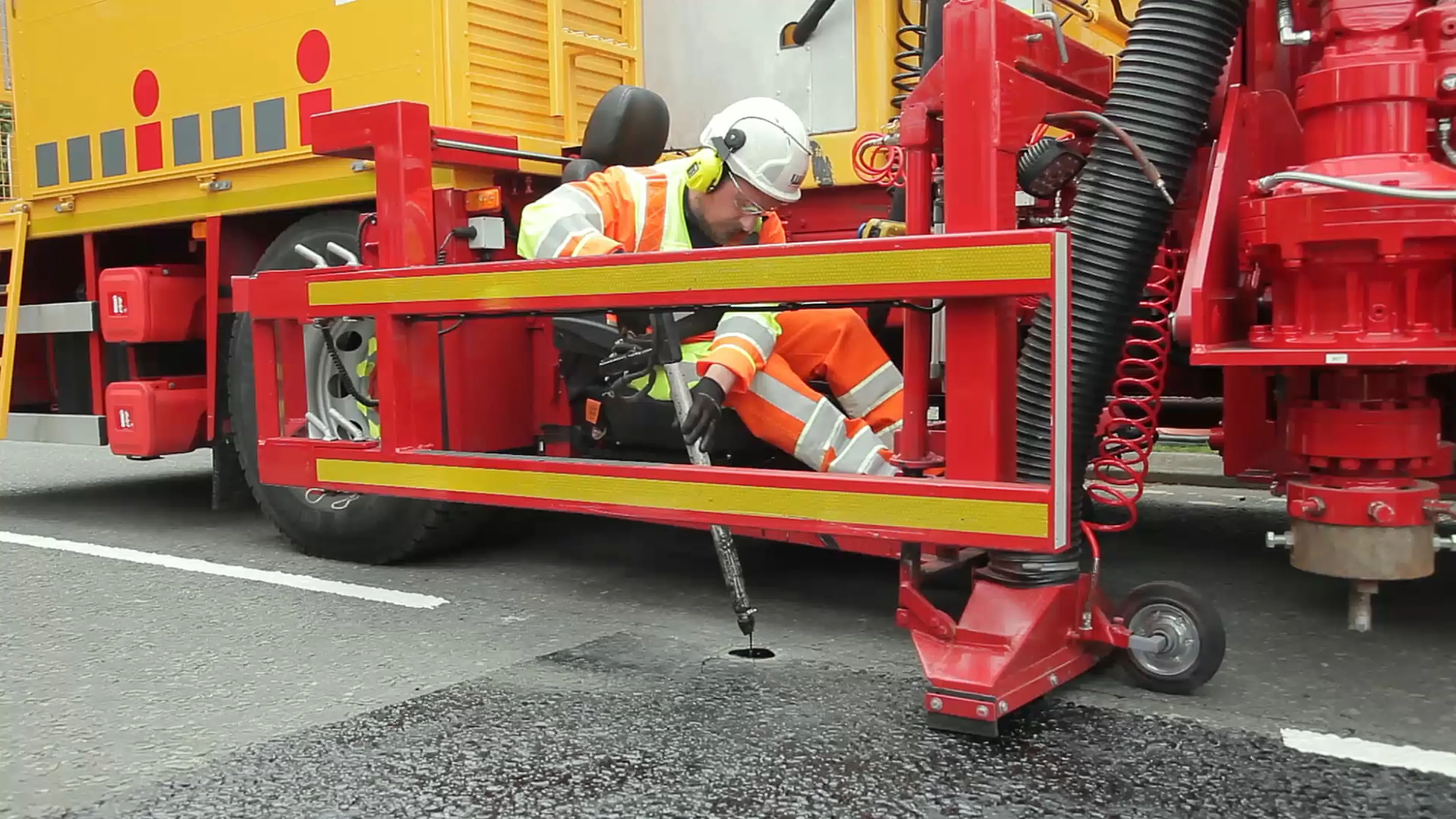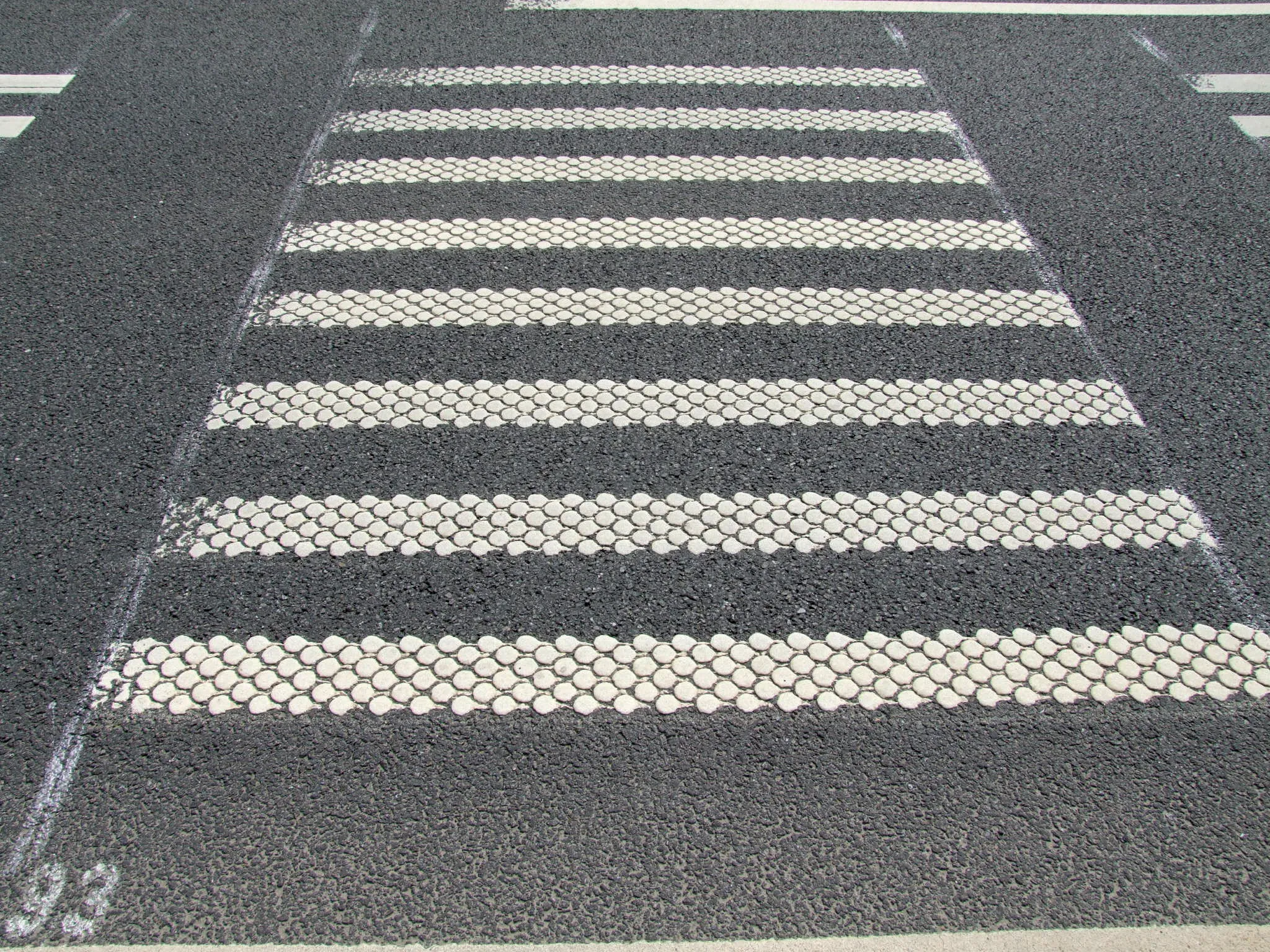Aximum is a comparatively new organisation, but it incorporates many old-established companies in the route safety business. As Alan Peterson discovered, it is 'ready to pick up speed'. A few weeks ago the French-based Aximum Group added a fourth international subsidiary to its portfolio of businesses at the end of what has been a busy period for the fledgling company.
March 1, 2012
Read time: 4 mins

Aximum is a comparatively new organisation, but it incorporates many old-established companies in the route safety business. As Alan Peterson discovered, it is 'ready to pick up speed'
A few weeks ago the French-based"We already had three installations abroad: a subsidiary in the Netherlands specialising in the manufacture of road marking products (Veluvine); a more general subsidiary in the Czech Republic oriented towards works and services (Somaro CZ), and a similar subsidiary in Croatia (Signalinea)," he told
The Aximum Group is the result of a merger in early 2009 of 20 companies (some of them 50 years old) covering a wide spectrum including the safety equipment and route safety sector, metal and concrete vehicle restraint systems, urban arrangements, road markings, vertical signalling, traffic lights, traffic networks and management, route management, safety posts and site management.
"This merger was necessary because of the complexity of our structure, which was a result of the many acquisitions made over several decades. We were already leaders in a large number of sectors, and this merger enabled us to become the European leader in route safety because our strategic scope is not limited to highways," said Mitridati.
"With the new name came a new organisation in France. I chose to make a clear distinction between works and services, split into six regional departments on the one hand, and industries on the other, forming three separate companies: Aximum Produits électroniques (electronics), Aximum Produits de marquage (marking), and Aximum Produits de sécurité (safety).
"Our customers greatly appreciated this clarification because it made the group's complex combination of products easier to distinguish with a single brand but several trade entities: it is unquestionably a winning solution."
Today, Aximum has a turnover of €340 million, 2,000 employees, ten factories, six design offices, four research laboratories, 120 sales outlets in France and four abroad. And we are proud to belong to the Colas group, among the world leaders in route building, which will guarantee long-term growth in our development strategy.
"Clearly, as in any business, the current global crisis has restricted, and continues to restrict, our expansion, but the outlook is good as our markets are solid and not affected by trends. In the French market in particular, which accounts for approximately 90% of our turnover, route safety has been a priority for the government since 2002, and efforts in this area are ongoing.
"The trend is the same in other countries as no government can be blind to the human drama caused by road accidents. Safe routes are still the best way to avoid accidents: vehicles have almost reached the maximum safety level (for example ABS, ESP and airbags) and drivers, despite checks and penalties, are still a human variable that is difficult to manage, control and anticipate."
Looking ahead, Mitridati said: "I have great confidence in the potential of this splendid group which I have reorganised and which now has a number of solid assets: 2,000 employees of a very high technical standard with a real entrepreneurial spirit; a powerful and very cooperative shareholder; a young and dynamic brand; clear, streamlined structures, and a sustainable, global market: route safety. Aximum is ready to pick up speed."








